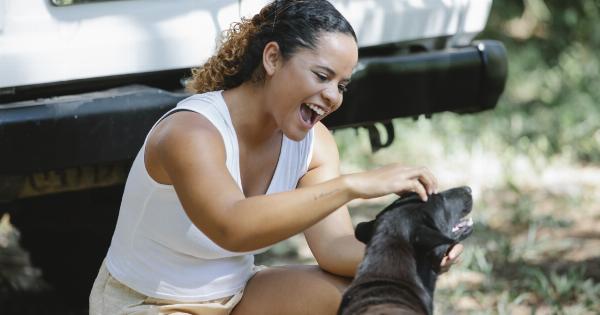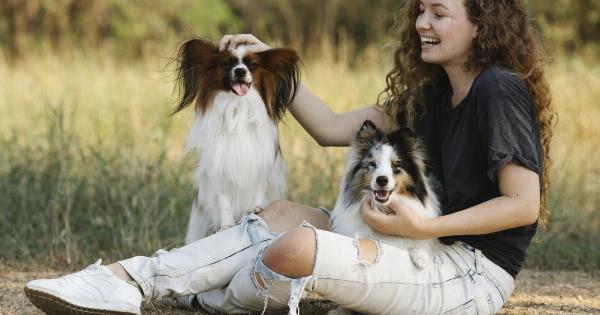Bringing a dog into your life can be a wonderful and fulfilling experience. Dogs have the ability to provide unconditional love and support, and can quickly become a beloved member of any family.
However, it’s important to remember that dogs are complex creatures with their own unique needs and personalities. Some dogs require extra patience and attention, and it’s our responsibility as pet owners to provide for them in the best way possible.
Types of Dogs that May Require Extra Patience and Attention
While every dog is different, there are certain breeds and types of dogs that may require more patience and attention than others. Here are some examples:.
Rescue Dogs
Dogs that have been rescued from abusive or neglectful situations may have trust issues and require extra patience and care. They may have difficulty adjusting to life in a new home, and may be fearful of certain people or situations.
It’s important to give rescue dogs plenty of space and time to adjust, and to gradually introduce them to new people and environments.
Dogs with Separation Anxiety
Some dogs may suffer from separation anxiety, which can manifest as destructive behavior or excessive barking when left alone. These dogs may require extra attention and training to help them feel more comfortable when they are alone.
Dogs with Special Needs
Dogs with special needs, such as those with physical disabilities or chronic illnesses, may require extra attention and care to manage their health.
This can include administering medications, providing physical therapy, or making modifications to their environment to accommodate their needs.
How to Provide Extra Patience and Attention
If you have a dog that requires extra patience and attention, there are several things you can do to provide for their needs:.
Provide Plenty of Exercise and Stimulation
Dogs that require extra attention and care often have higher energy levels and more intense personalities. Providing plenty of exercise and mental stimulation can help to keep them happy and healthy.
This can include regular walks, playtime, and training sessions.
Be Consistent with Training
Dogs that require extra patience and attention may need more training to help them overcome certain behaviors or fears. It’s important to be consistent with training and to use positive reinforcement techniques to encourage good behavior.
Provide a Safe and Comfortable Environment
Dogs that are fearful or anxious may feel most comfortable in a quiet and secure environment. Provide your dog with a comfortable bed, plenty of toys, and a safe space to retreat to when they feel overwhelmed.
Communicate with Your Vet
If you have a dog with special needs, it’s important to communicate with your vet to ensure that you are providing the best care possible.
Your vet can provide guidance on managing your dog’s health and may recommend specialized treatments or therapies.
Our Responsibility as Pet Owners
As pet owners, it’s our responsibility to provide for our dogs’ needs, no matter how complex they may be. This means being patient and understanding, and providing the care and attention that our dogs require to live happy and healthy lives.
It’s important to remember that dogs are not just pets, but sentient beings with their own unique personalities and needs. By taking the time to understand and provide for our dogs, we can build strong and meaningful relationships that last a lifetime.






























